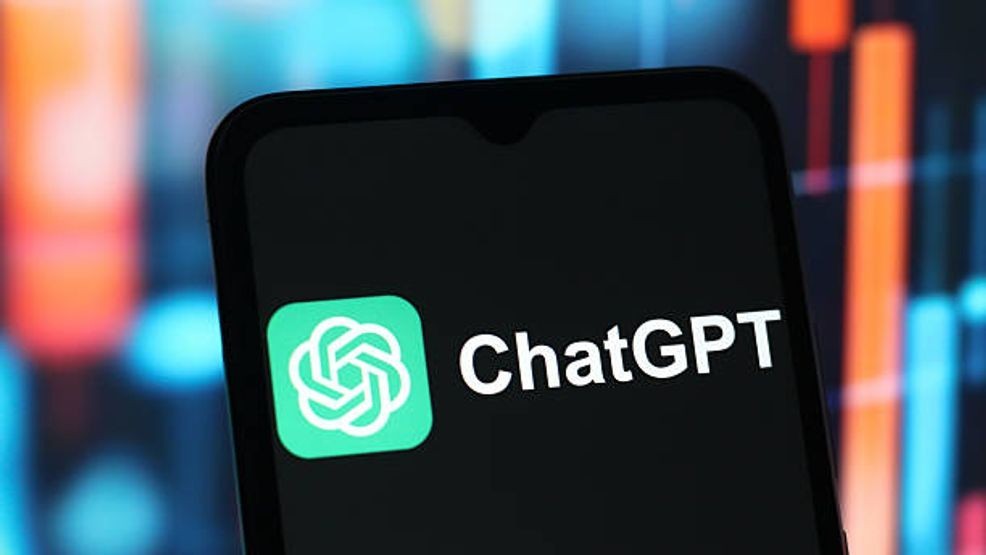WASHINGTON (TNND) — New research from MIT’s Media Lab suggests that frequent use of artificial intelligence tools such as ChatGPT could impair critical thinking skills, particularly among younger users. The study involved participants writing SAT essays in three groups: one using ChatGPT, another using Google, and a “brain-only” group using no digital aids. Researchers monitored brain activity with EEG scans and found that those using ChatGPT exhibited the lowest brain engagement and underperformed in cognitive and behavioral measures. Initially, participants used ChatGPT for structural assistance, but over time, they tended to copy full responses. Google users showed moderate brain activity, while the brain-only group demonstrated the strongest engagement.
The study’s author expressed concern about the potential impact on developing brains, particularly if AI is introduced in early education settings. “Developing brains are at the highest risk,” she told Time Magazine, warning against initiatives like “GPT kindergarten.”
Despite these findings, AI continues to be integrated into educational settings, bolstered by a recent executive order from President Donald Trump advocating for increased AI training in schools. In response, a $23 million initiative supported by Microsoft, OpenAI, Anthropic, and two teachers’ unions aims to train approximately 400,000 K-12 teachers on AI usage over the next five years. The National Academy of AI Instruction plans to offer online training and establish a physical campus in New York City.
“To best serve students, we must ensure teachers have a strong voice in the development and use of AI,” said Brad Smith, vice chair and president of Microsoft. “This partnership will not only help teachers learn how to better use AI, it will give them the opportunity to tell tech companies how we can create AI that better serves kids.”
“When it comes to AI in schools, the question is whether it is being used to disrupt education for the benefit of students and teachers or at their expense,” said Chris Lehane, chief global affairs officer of OpenAI. “We want this technology to be used by teachers for their benefit, by helping them to learn, to think and to create. This AI academy will help ensure that AI is being deployed to help educators do what they do best—teach—and in so doing, help advance the small-‘d’ democratizing power of education.”
“We’re at a pivotal moment in education, and how we introduce AI to educators today will shape teaching for generations to come,” said Anthropic Co-founder and Head of Policy Jack Clark. “That’s why we’re thrilled to partner with the AFT to empower teachers with the knowledge and tools to guide their students through this evolving landscape. Together, we’re building a future where AI supports great teaching in ethical and effective ways.”
This dual approach presents a challenge for educators and parents, who must balance preparing students for an AI-driven future while ensuring they maintain independent critical thinking skills. Schools are still determining the best methods and timing for incorporating AI into classrooms, aiming to provide students with a head start in a technology-driven workplace while allowing teachers to focus more on student engagement.

